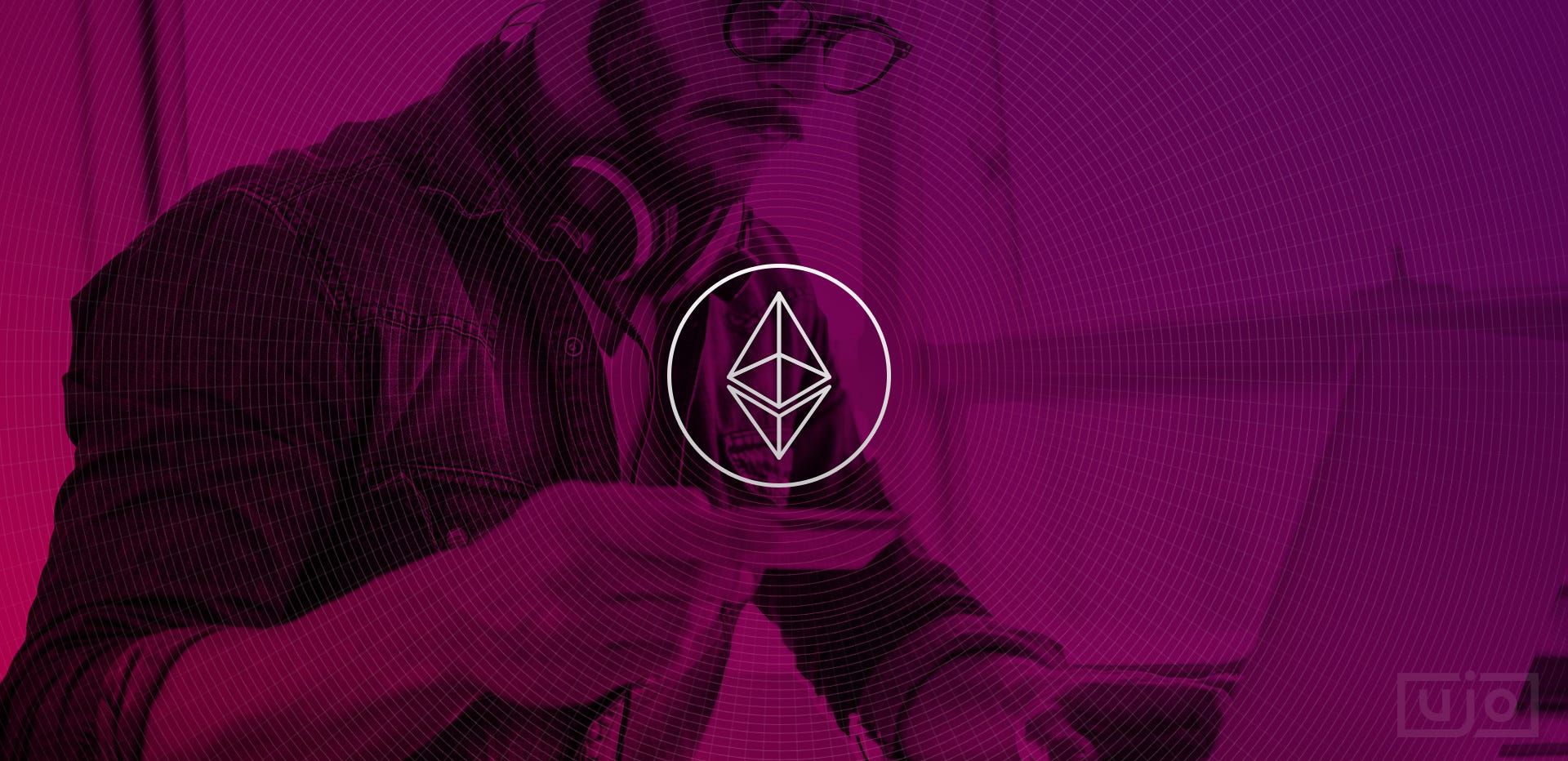
Making a purchase on the web may feel like a seamless way of sending money. Update: it’s actually a complicated process. Companies such as Visa, PayPal, or Stripe serve as necessary third parties who verify the balance of the paying bank account and send that to the receiving account on the other end. On the consumer side, this works well — offline with a card and online with a card number — yet handling transactions online is not easy or cheap, let alone secure. The intermediaries need to process millions of requests per minute, store large amounts of data, run up a large overhead and charge fees to cover their overhead to stay in business. These systems are not future proof. Enter digital currency.
How Ethereum Payments Work
Using small chunks of code called smart contracts, users of Ethereum can interact directly with one another through a smart contract while exchanging value inside an application.
For example, creators of an application define their business logic in smart contracts so when a person buys an album for say, 1 ETH, the smart contract automatically pays each collaborator pre-defined amounts for say, 0.5 ETH each. While this exchange isn’t entirely without cost and requires a ‘gas’ fee for executing the smart contract, the operational costs become more affordable as payments do not require human intervention or robust, physical infrastructure to maintain these remittance systems.
Digital Payments in the Streaming Era
In an era of streaming, digital service providers are handling millions of transaction events every day but are not paying royalties per stream. Sorting payments across various rights holders, residing in countries with different currencies lacks an underlying blueprint. The technical workaround instead has become DSPs paying out on a market share basis, not per stream, directly to labels, PROs, publishers, and 3rd party distribution services, not individuals.
The result: many creators are left with obscure, untimely compensation for their work. Ethereum can solve this process with smoother data, seamless transaction handling, and instant payouts.
Full visibility for creators on how their work is being used is characteristic to building with Ethereum. For consumers, reduced fees and confidence that your money is supporting the creators complements that as well.
With the release of RAC’s EGO, our hope is that we expose how out archaic processing online is today, why that hurts digital creative marketplaces, and why Ethereum is well-suited to usher in a new era of exchanging value for digital intellectual property.
Tip RAC directly at his Ujo Store for being an advocate of this better future!
